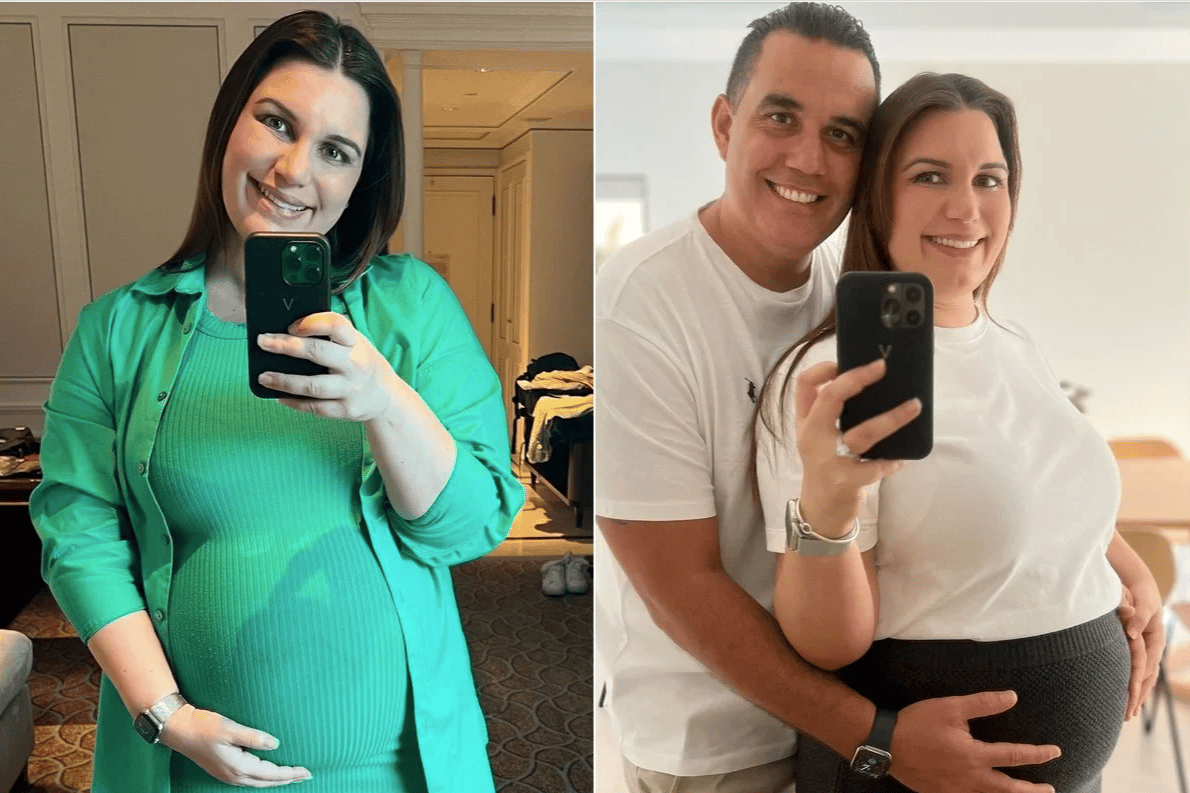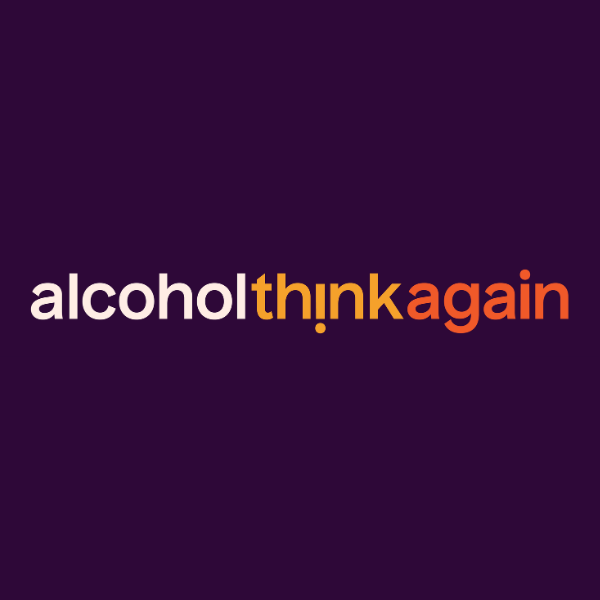

There's nothing that could have prepared me for trying for a baby and pregnancy. Some experiences are so oddly specific and rarely discussed that you'll only really understand them when you're in the thick of it. From the bizarre symptoms to endless late-night Google rabbit holes, here's a look at what you might not see coming — but definitely need to hear about.
My pregnancy journey began three months before we started trying for a baby, when I decided to stop drinking. Around the same time, I went off the pill and switched to taking prenatals. But it quickly became clear to me that turning down a drink looked really suspicious. I was in that tricky phase — trying to conceive but not ready to announce anything.




























































































